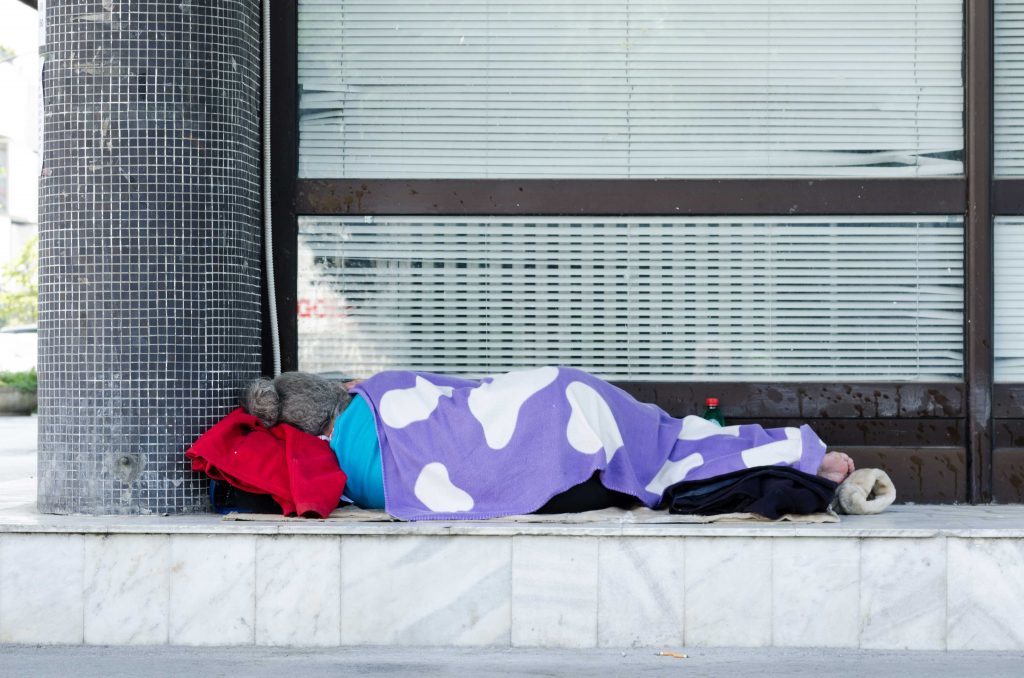 Around 70% of London’s homeless population has lost teeth since becoming homeless, new research has found.
Around 70% of London’s homeless population has lost teeth since becoming homeless, new research has found.
A study, by homelessness charity Groundswell, found that:
- 70% of respondents had lost teeth since becoming homeless
- 35% had teeth removed by a medical professional
- 30% are currently experiencing dental pain
- 17% had lost teeth due to acts of violence
- 15% had removed their own teeth
- 7% had no teeth at all.
The research says that most of the participant’s teeth had ‘fallen out on their own’, with some of the participants only 27 years old.
‘Oral health is a huge issue for people experiencing homelessness and action needs to be taken to address this damaging health inequality,’ Athol Hallé, Groundswell’s chief executive, said.
‘Our report has revealed that current dental service provision is failing people and pro-active steps need to be taken by commissioners and by dental services to improve access to treatment.
‘This study has shown that improving the oral health of homeless people, can make an important difference in people’s quality of life and ability to move on from homelessness.
‘Reducing homelessness benefits everyone, such as by reducing reliance on emergency treatment.’
NHS access
Only 23% of those questioned had been to the dentist in the last six months and 58% didn’t understand their rights to access NHS dentistry.
Despite this, participant’s trust in dentists was high and many placed significant value on their oral health.
‘This research is stark reminder of how current dental policy is failing vulnerable patients,’ Michael Cranfield, the BDA’s chair of England Community Dental Services, said.
‘A civilized society does not leave homeless people handicapped by oral disease or resorting to pulling out their own teeth.
‘There is no easy solution, but any progress is impossible without adequately resourced mainstream and dedicated services.
‘The failure to invest in community dentistry is hurting patients who can’t always be cared for in traditional settings.
‘It’s hitting the homeless, the housebound, and patients with dementia, learning disabilities and phobias who are all entitled to effective care.
‘This research should force government and health commissioners to reassess their priorities.’


